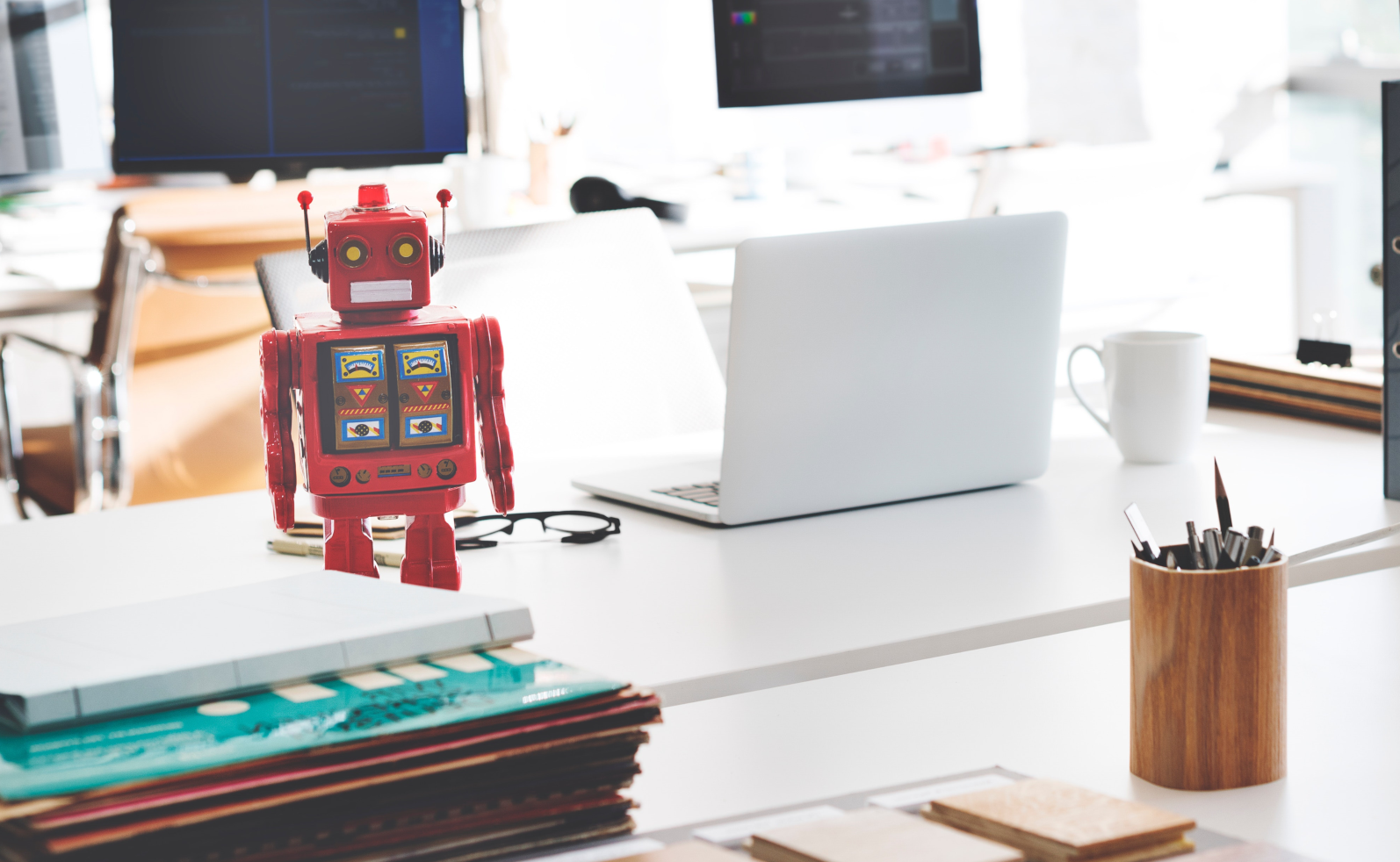
Digital transformations are common in the fast-paced corporate world as companies are cultivating a culture of innovation.
As Artificial Intelligence (AI) is entering businesses, we wonder what can we expect for the HR function: will it become a friend or foe?
According to Forbes’ writer Jeanne Meister, the future of HR is both digital and human as there will be a drive to optimise the work flow by human and automated work.
This leads to the future role of HR to be more person, human and intuitive. Here are the top benefits HR practitioners can receive working with AI:
1. Talent acquisition
Singapore’s DBS Bank implemented the JIM (Jobs Intelligence Maestro) in May 2018. It is a virtual recruitment bot to screen candidates for those applying for the hotly contested wealth planning managers role.
Benefits of this programme resulted in shortening screening time from 32 minutes to eight minutes per candidate, improved completion of job application rates, and provided timely responses to a high of 96% candidate queries.
Recruiters working with the bank no long needed hours to look through hundreds of resumes and filtering out the best candidates.
This allows them to do more higher-value work such as contributing to the AI’s expertise by training the bot to assess candidates and answering their queries.
2. Helping HR do their work better
It is the common misconception that AI is here to take jobs away, but it is actually to let employees do their jobs better.
AI can re-imagine jobs and processes in companies, and in HR, it can re-imagine the candidate and employee experiences.
In recruitment, it can screen candidates for diversity, identify a high-performing candidate fast, and highlight top performers currently in the company.
It streamlines the hiring process, but still leaves the final decision making to human intelligence.
3. Job creation
With the on-set of AI in the office, this creates a need for new talent pool to create and manage this innovation.
Employees with low tech skills will also need to be brought up to speed with such higher tech skills. Predicting future high tech skills needs is also another key role HR has to play.
They will need to be well-versed in the technicalities and ethics of AI to pick future business leaders and employees in the future workplace.
4. Virtual reality in corporate training
Virtual reality (VR) is not just something you see in movies anymore.
In top telco firm Verizon, they have started to use VR to train store managers on robberies. The new tool can replicate scenarios to provide a realistic learning experience.
The narrative in companies is now shifting from “What is AI?” to “How else can we use AI in the company?”.
AI may be a trending hot topic and we see it being used widely in companies, but having a cohesive vision and attitude is the key point in making it successful.
Main image from Pexels





